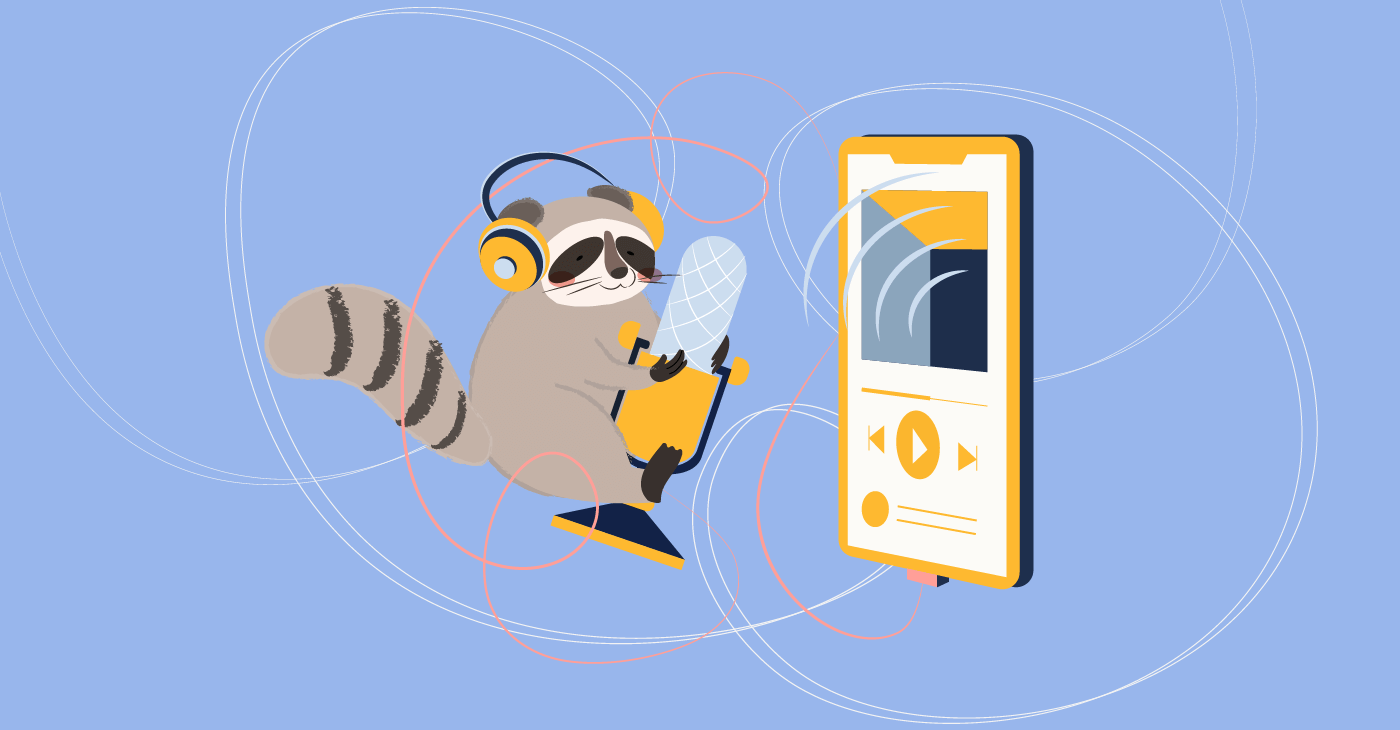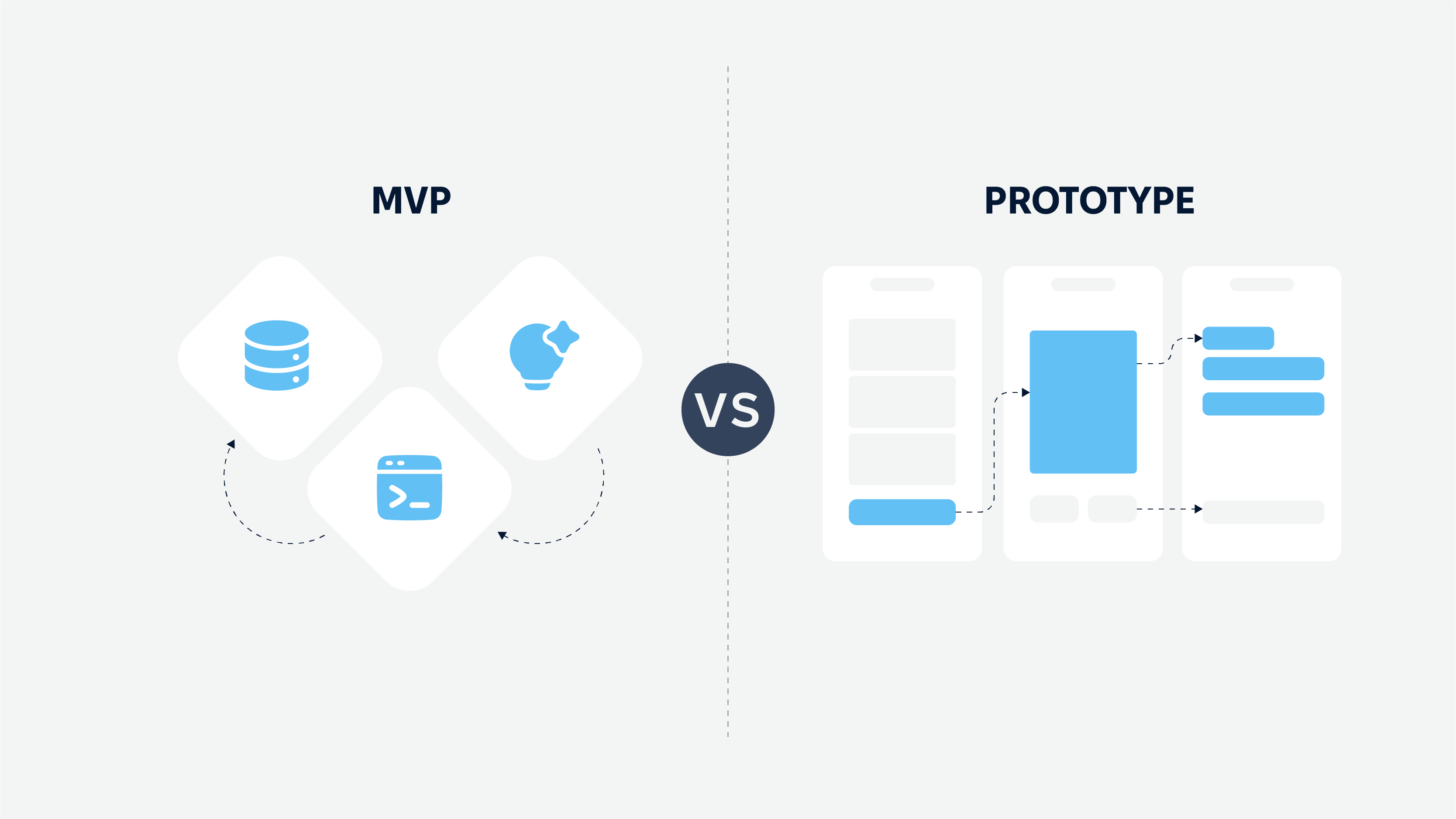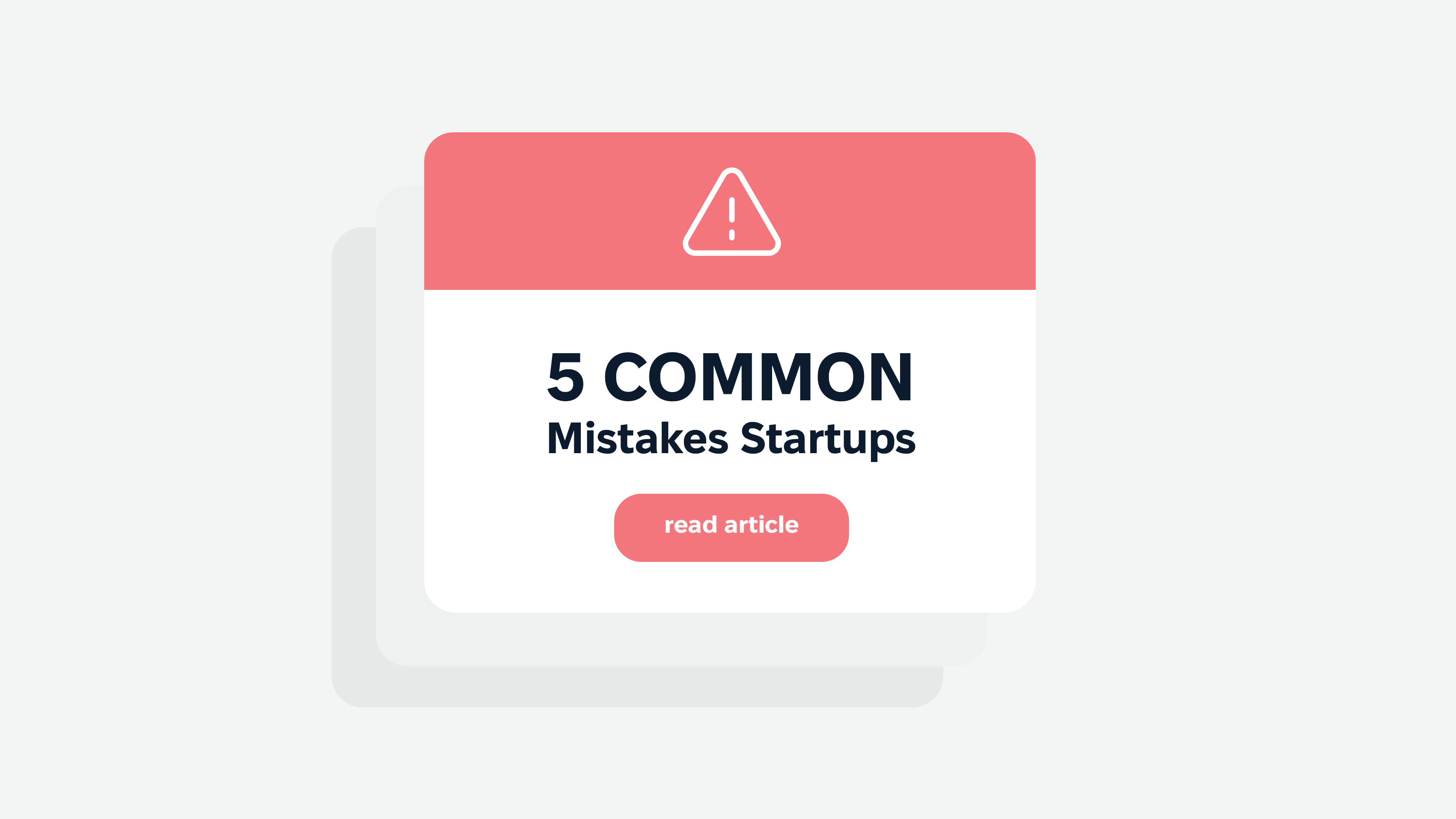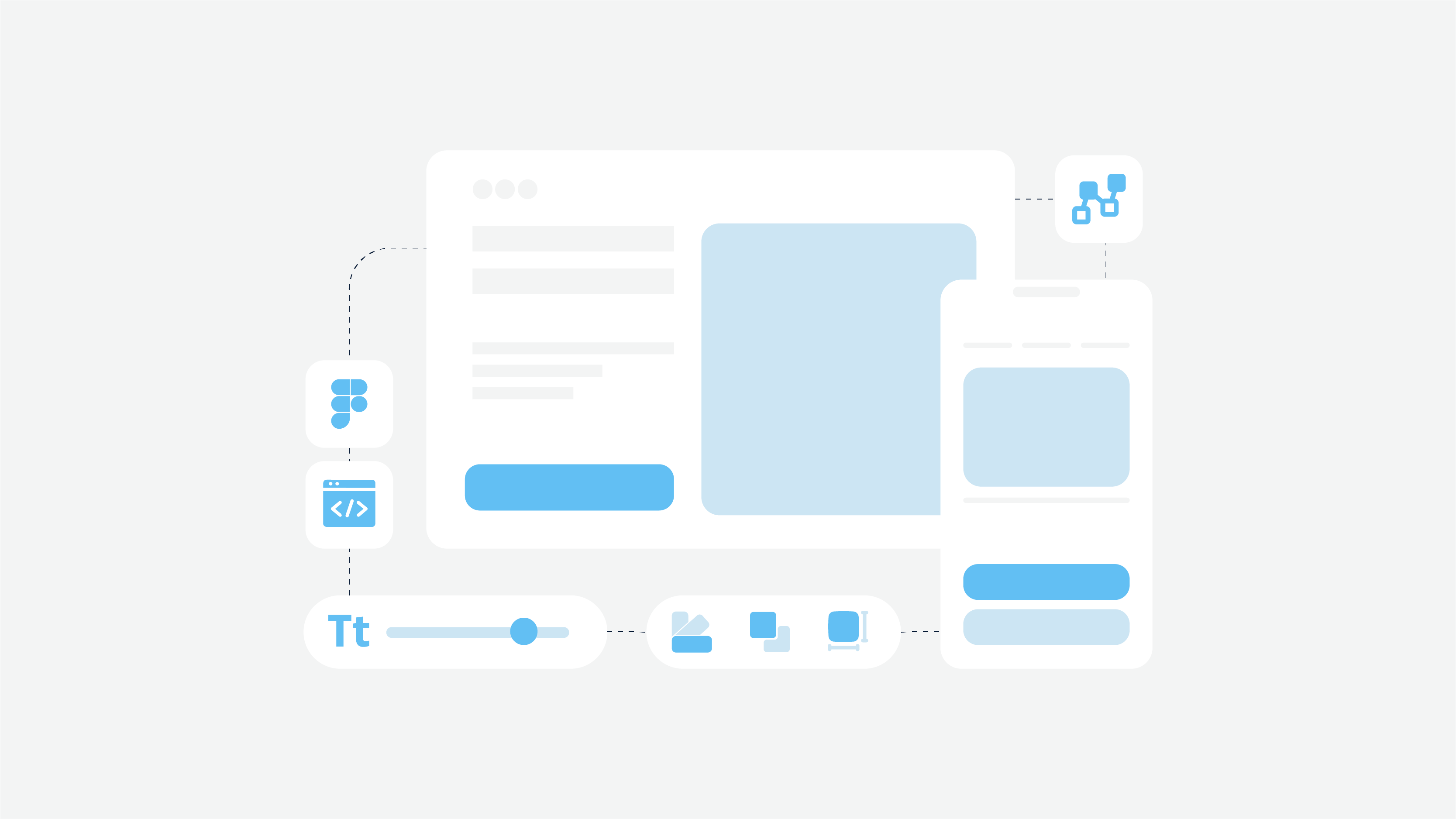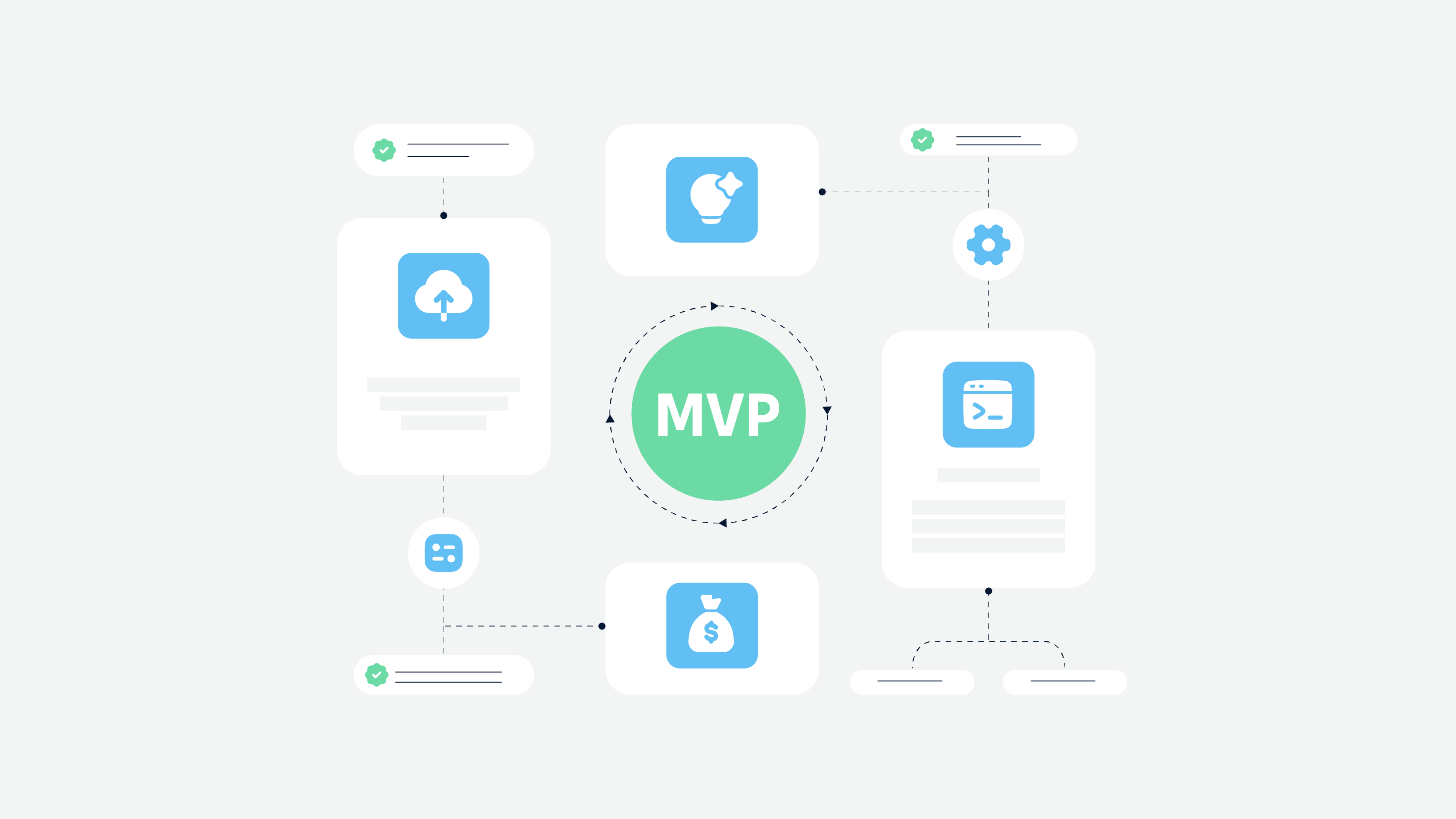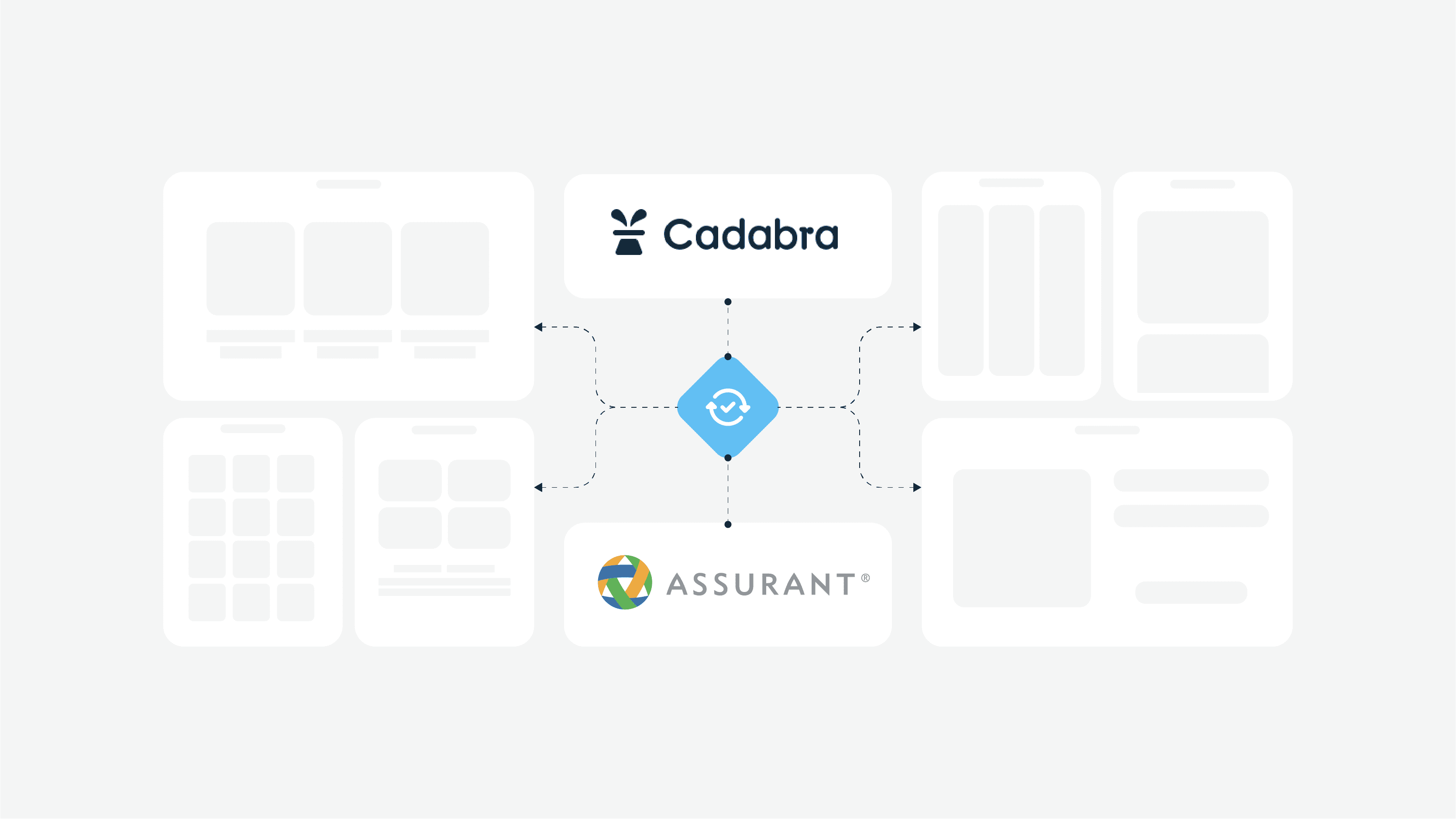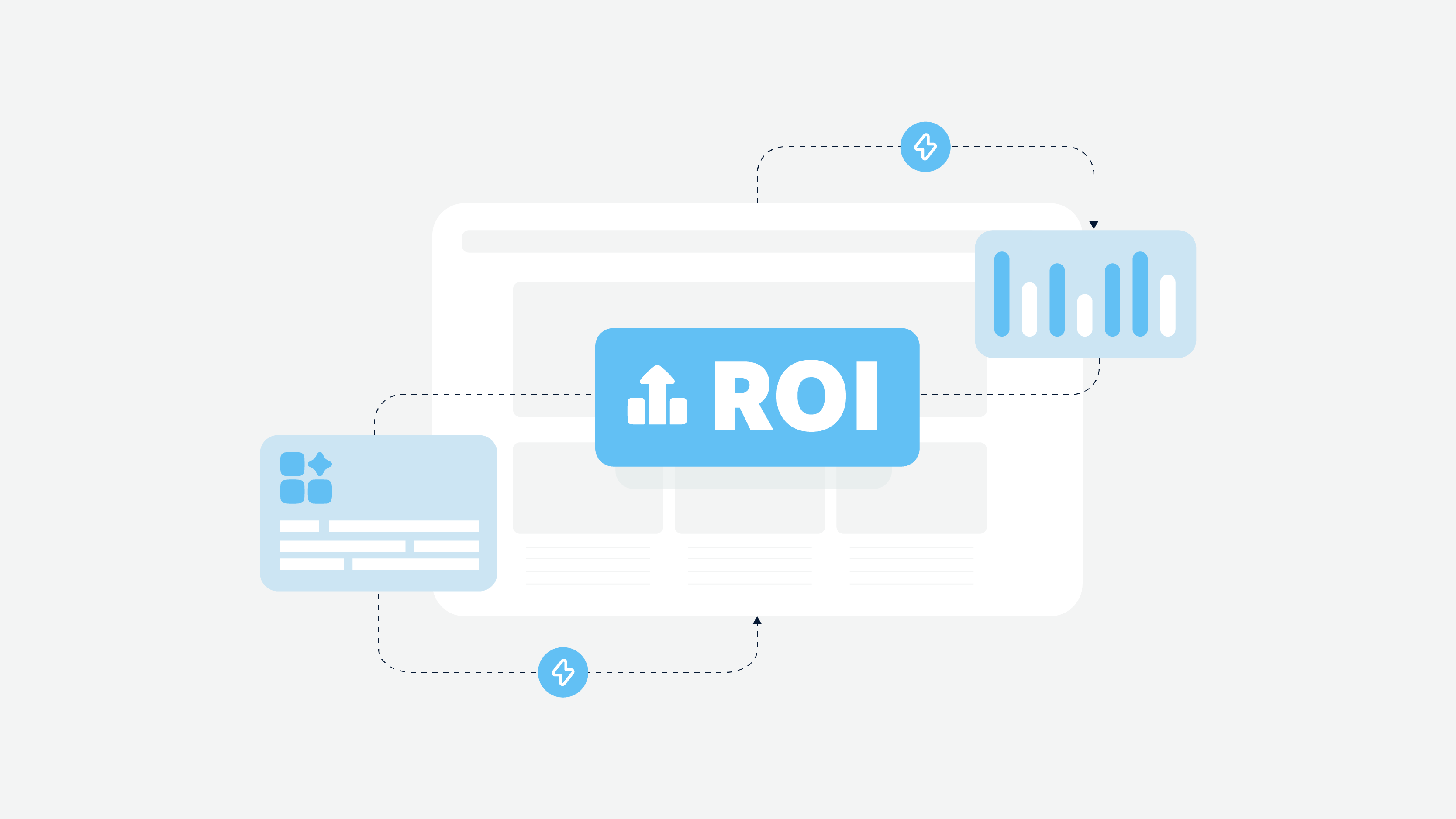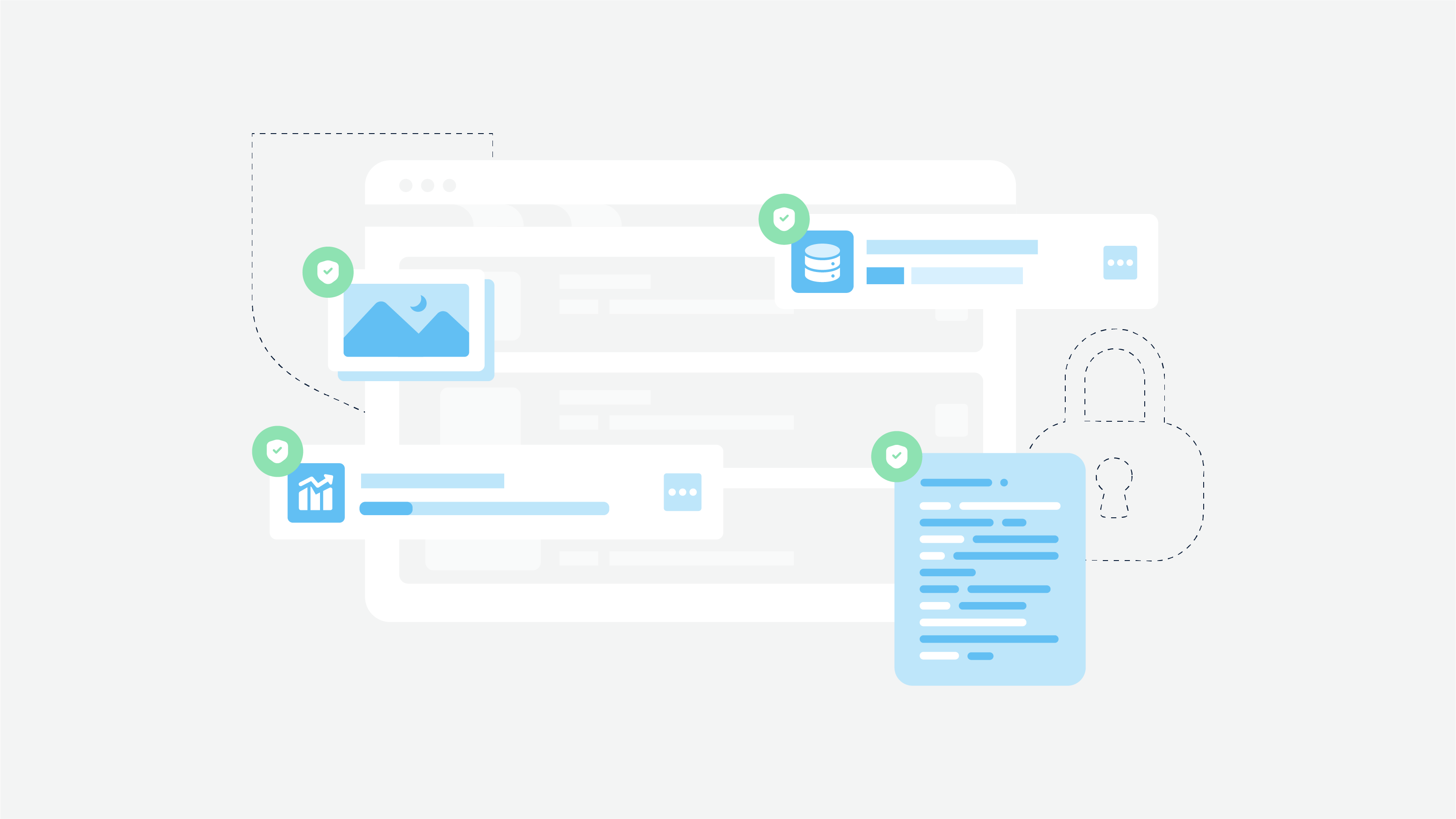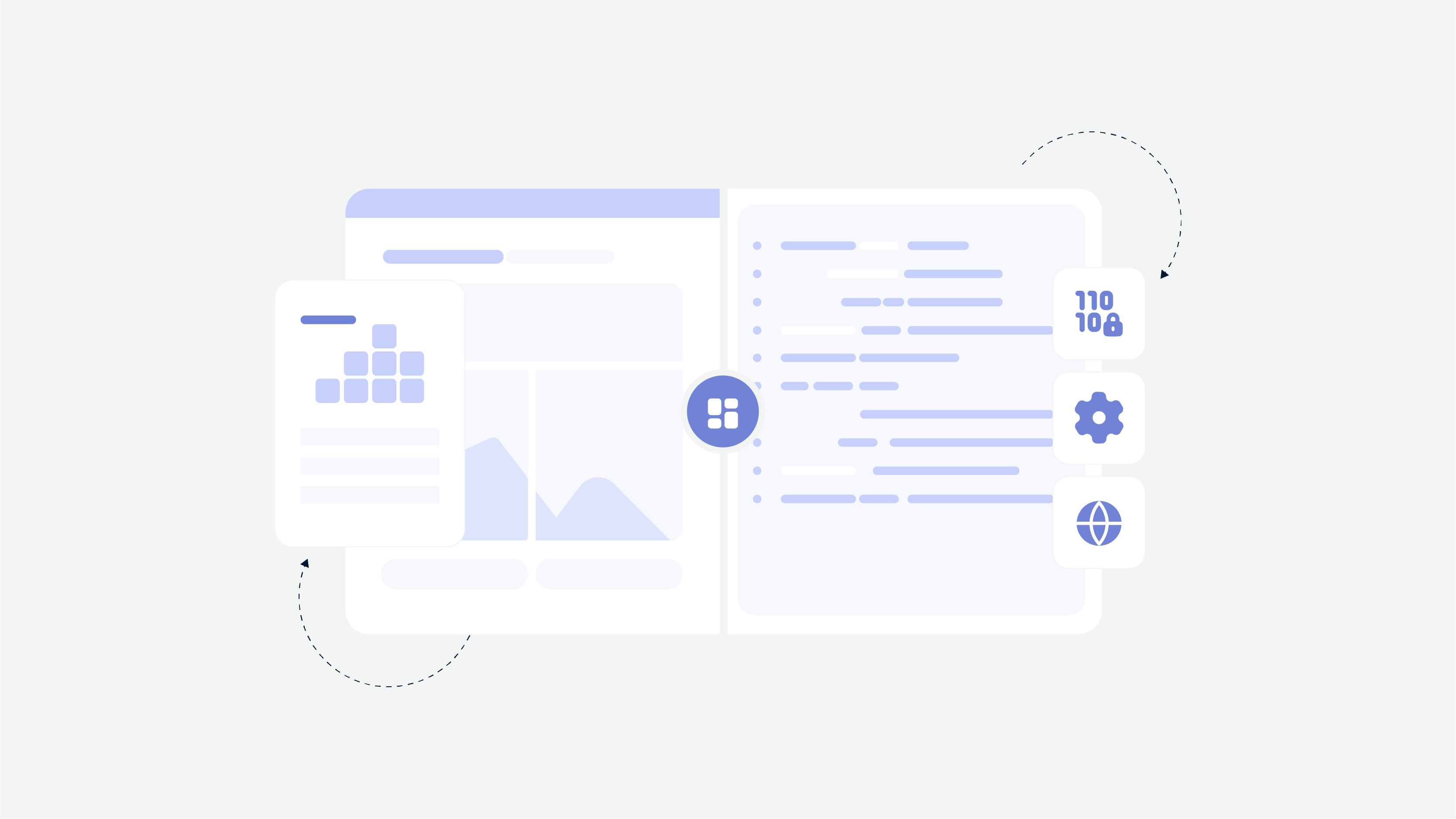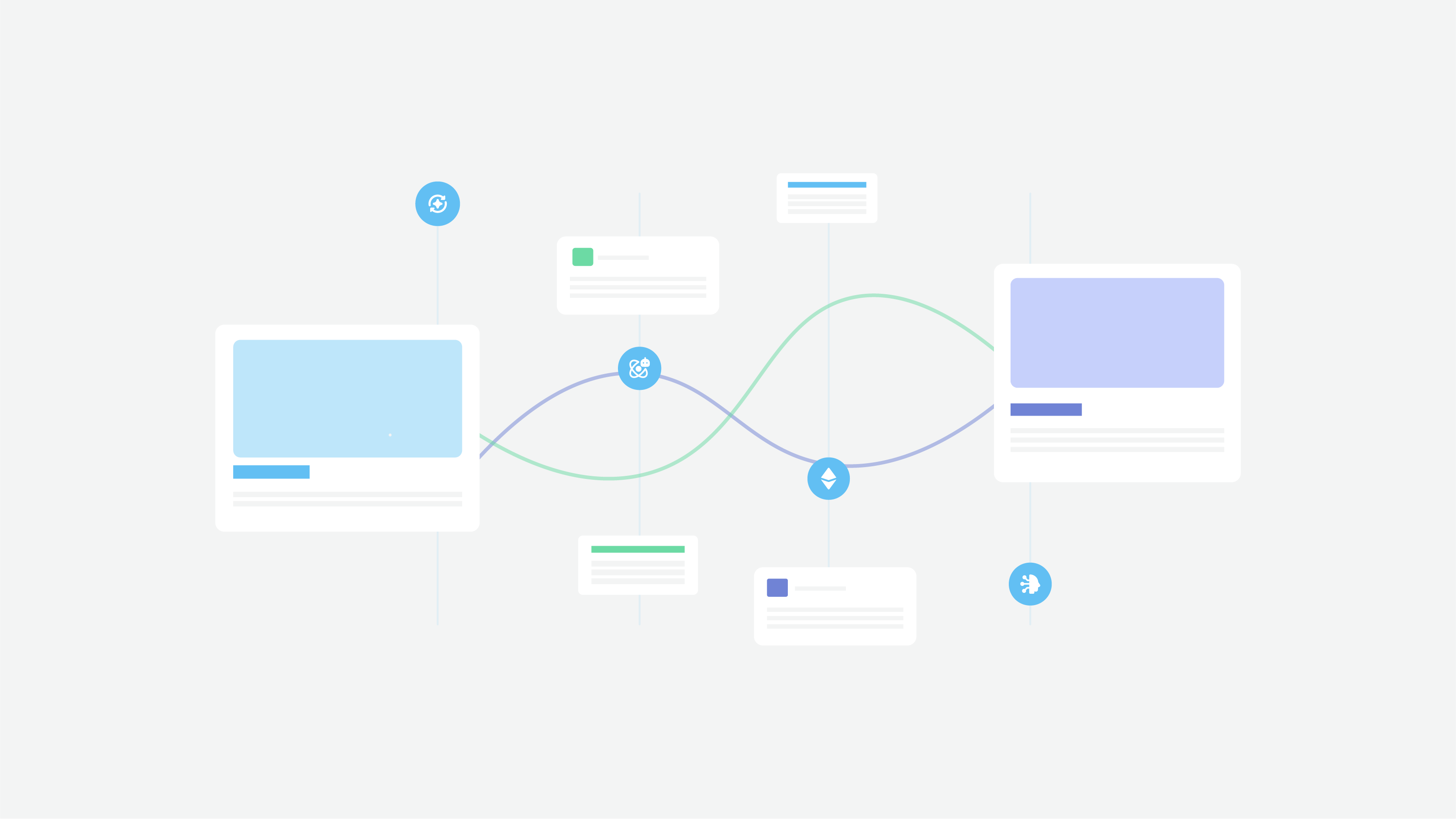It leads to the creation of a whole niche of podcast-related apps. So why not take your piece of the pie in it? You can make your own podcast app to monetize it and promote your business.
In this article, we’ll analyze the cost of developing a podcast app along with the steps of development and required features. Let’s get through everything together!
Podcasts: Audience and Popularity
Audience
According to various sources, the listenership of podcasts has significantly grown in the past 10 years. The audience of listeners covers people between 12 and over 55 years old. The range contains both monthly listeners and those who have taken up the habit. And the numbers are continually growing. 40% of people between the ages of 12 and 24 listen to podcasts every month, making a great jump compared with previous years.
The number of people who have listened to at least one podcast in their lives increased by 20 million, and an additional 14 million people described themselves as weekly listeners.
Only in the US, eMarketer estimates there will be 105.6 million monthly active podcast listeners by the end of 2020, more than double the 45.8 million monthly listeners in 2015. And how many people listen to podcasts around the globe?

The data is based on a Statista survey of roughly 2.000 people in each of the given countries. Results are representative of the population with access to the Internet. The number of listeners is impressive, but what podcast apps are the most popular?
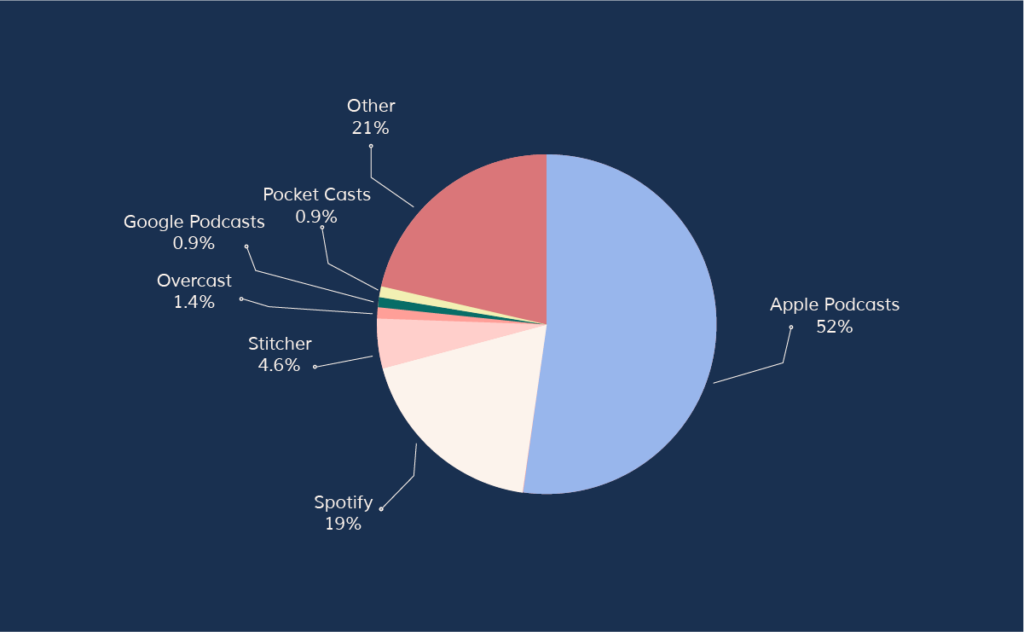
According to a pie chart, Apple Podcasts take the most significant part than all other sources combined. Spotify’s aggressive push for podcasting has heated the podcast world and resulted in 19%. Google Podcast app is still small, but its position to grow the awareness of podcasting can quickly change the percentage.
Listeners recognize players like Overcast, Pocket Casts, and Stitcher for 1.4%, 0.9%, and 4.6% accordingly. The category “Other” includes websites, and direct RSS feeds that people use for listening to podcasts.
Reasons for Podcasts Popularity
The main reason why podcasts are so popular is that they allow their audience to save time. However, there are 7 more reasons for that:
- Podcasts are accessible.
Listening to podcasts doesn’t require preparation. Anyone with any gadget can listen to a podcast everywhere and anytime.
- Podcasts allow you to multitask.
Podcasts come in all lengths of everyday routine, so you can listen to a recap of breaking news while taking a shower, or you can take a deep dive into a geography podcast that keeps you entertained for hours on a road trip.
- Podcasts are easy to make.
You can start recording podcasts even at your kitchen and speak about the topics you are interested in. The main point here is to catch the audience’s attention and keep them engaged.
- Podcasts are versatile.
There are over 750,000 different podcasts. Whether you want to learn about microbiology or get a recap of your favorite movie, there is a podcast for you.
- Podcasts are intimate.
Authenticity is one of the main attributes of podcast popularity. When you listen to podcasts, you become a part of this conversation and take a seat at an imaginary dinner table. And that’s exhilarating.
- Podcasts are adaptable.
Here we mean the understanding of your audience. It is vital to pay attention to the content they listen to and adapt your podcast to it.
- Podcasts build community.
Some of the most popular podcasts have built a loyal community of listeners that await the release of each new episode every week or two. The community can be Facebook groups, live shows, meet-ups, and discussion groups.
Just because the podcasts have already become a mainstream media source, the profit of creating a podcast app is obvious.
Podcast App Revenue Models
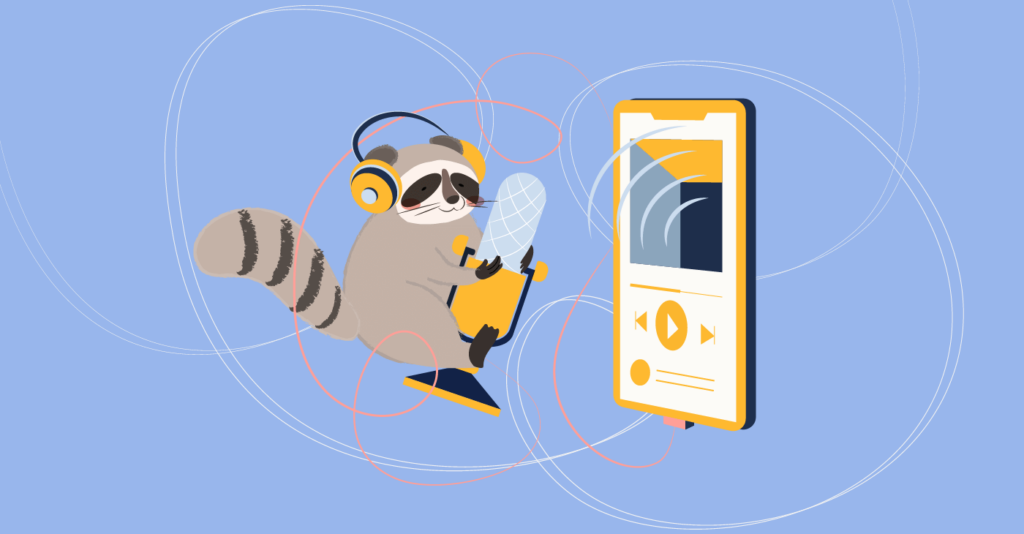
- Freemium Model
The Freemium app monetization model means that listeners can use the application for free, but only with limited features and options. To get access, users have to pay a certain amount of money.
- In-App Advertising Model
Under this category, users don’t pay anything for accessing the app. However, there are some integrated sponsored advertisements available. Listeners are more likely to listen to ads on podcasts than on radio, for instance.
According to Business Insider, 55% of podcast listeners pay attention to podcast ads, which is 10% more than those who pay attention to advertisements on the radio. Most podcast listeners don’t skip ads because they are seamlessly integrated into the program and usually read by hosts.
- Subscription Model
In this model, users are asked to pay a certain fee to access the premium features regularly. The features include an opportunity to upload unlimited tracks, disable comments, listen to podcasts in ad-free mode, etc.
- In-App Purchase Model
This app monetization strategy lets users sell or buy virtual/physical goods within your application.
Podcast Value for Your Business
Being a mainstream type of media, podcasting is an additional way of promotion. Many bloggers use podcasts to share not only useful content, but make a promotion of some goods/services as well. However, it shouldn’t transfer into one big advertisement.
On the contrary, you should give your customer timely and useful content. As a result, people are likely to come for more and, perhaps, get interested in purchasing something you promote. Any business can apply such self-promotion.
When your podcast audience increases, then it should be possible to monetize it on some level. Below, we list the common podcast monetization paths:
- affiliate marketing — you can make money by recommending sponsored products and services that your audience might like;
- sponsorship — you can use your conversion stats concerning affiliate marketing to justify charging sponsors a reasonable rate;
- coaching — when your audience knows you well and is willing to pay for your time. You answer their questions and provide them with consultations;
- course — eventually, you’ll start to see the questions that come up again and again. Don’t spend the podcast time — build a course to answer them.
If you’re an entertainment or a news podcast format, you might try some other methods, including Patreon and premium content.
How to Make a Podcast App?
The process of development includes the following steps:
- Scope definition for the project
The team of a project manager (PM), an IT architect, and business analysts conduct discussions with the business stakeholders and collect business requirements.
It is vital to ask clients about their ideas concerning the way of monetization, specific app design features, a platform for streaming, etc. Such information helps to define the scope of the project.
- Select an appropriate SDLC (Software Development life cycle) model for the project and agree on a development approach
Here we mean launching an MVP with and choosing SDLC. Agile is the right SDLC model for such projects.
Speaking about an appropriate development approach, we recommend the following:
- Develop native Android and iOS apps since they deliver the best user experience and performance;
- Use managed cloud services platforms like Mobile-Backend-as-a-Service (MBaaS) to expedite the project;
- Utilize application programming interfaces (APIs) and software development kits (SDKs) to implement core features since this expedites the project;
- Improve your test coverage with the help of a test automation aid.
- Form the complete development team
At this point, you need to form the rest of the project team. You need UI/UX designers, Android developers with Java skills, iOS developers with Objective-C skills, Testers, and DevOps engineers.
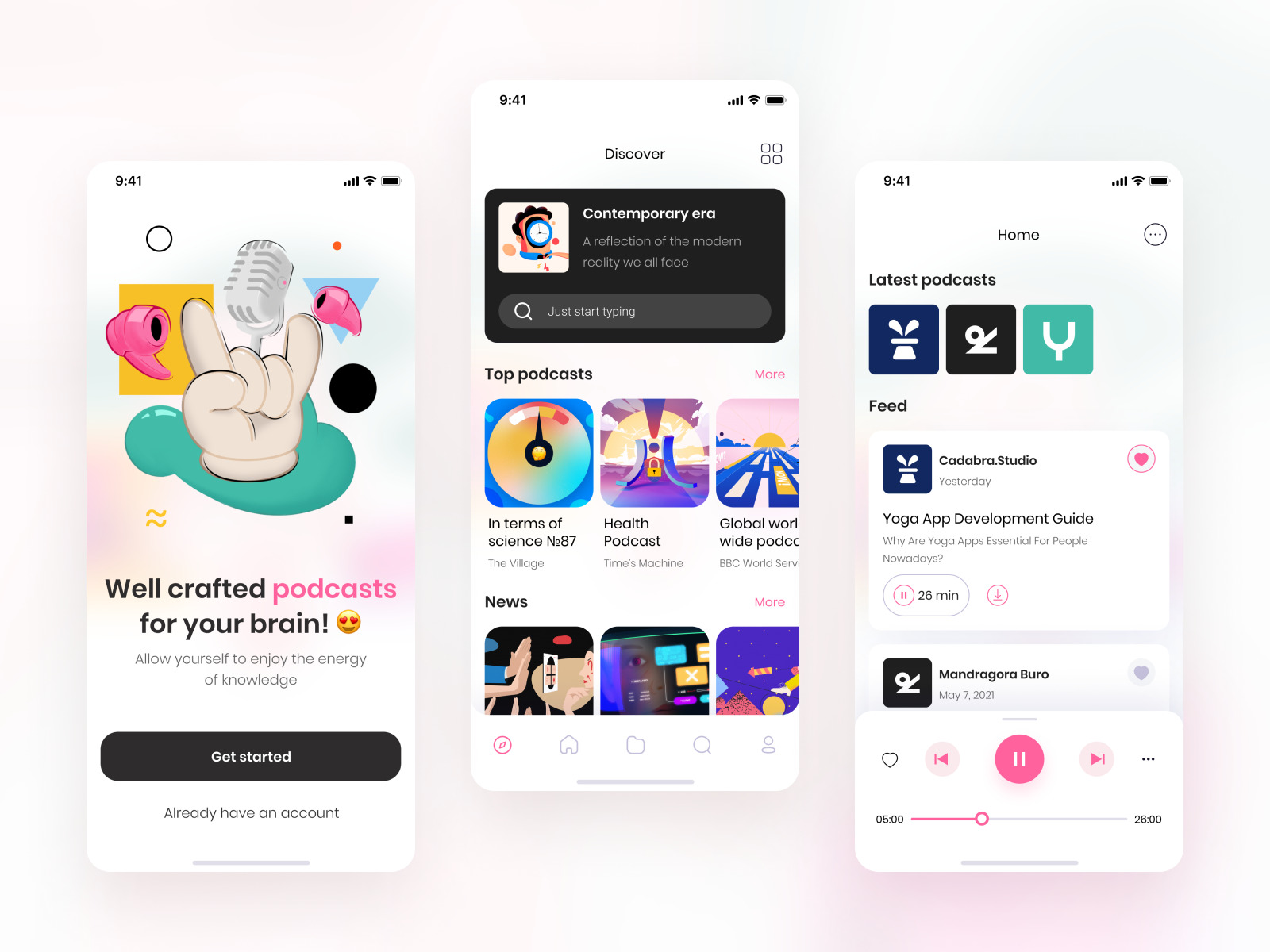
Podcast App Concept By Cadabra Studio Hiring freelancers for creating a podcast app isn’t a good idea. We suggest hiring a design and development team instead. In this case, you’ll get the best quality work and utmost professionalism.
- Acquire a project management tool and get an API solution for searching podcasts
Project planning and execution are keys to the success of this project; therefore, you need a useful PM tool.
Users of your proposed podcast app will need to find your podcast, download, and listen to it. With API, your app will access a podcast database with over 700,000 podcasts and millions of episodes.
And that’s just half of the whole process. To get more information, reach us out. While you are visiting our website, we recommend reading about the must-have features for podcast apps.
Must-Have Features for Podcast Apps
Nearly all podcast apps have a few features in common. If you want to build a podcast app, consider the following features:
- Searching for podcasts;
- Smart speed of the podcast app performance (quick and smooth app functioning);
- Rendering podcast artwork and making it possible to subscribe/unsubscribe to a podcast;
- Listing tracks in the podcast, and allowing the listener to play a track;
- Controlling playback, through actions like “pause”, “resume”, and “stop”;
- It should be tailored for both iOS and Android;
- Podcast preload for offline listening;
- Show loading indicators when fetching remote data or loading tracks;
- Allow a listener to download multiple tracks in the background so that they can queue up for a long trip;
- Use more of the screen and apply some aesthetics to the UI.
Useful tip: You can make your project an open-source, so the developers can study app performance, add some features, and fix bugs.
Missing Features
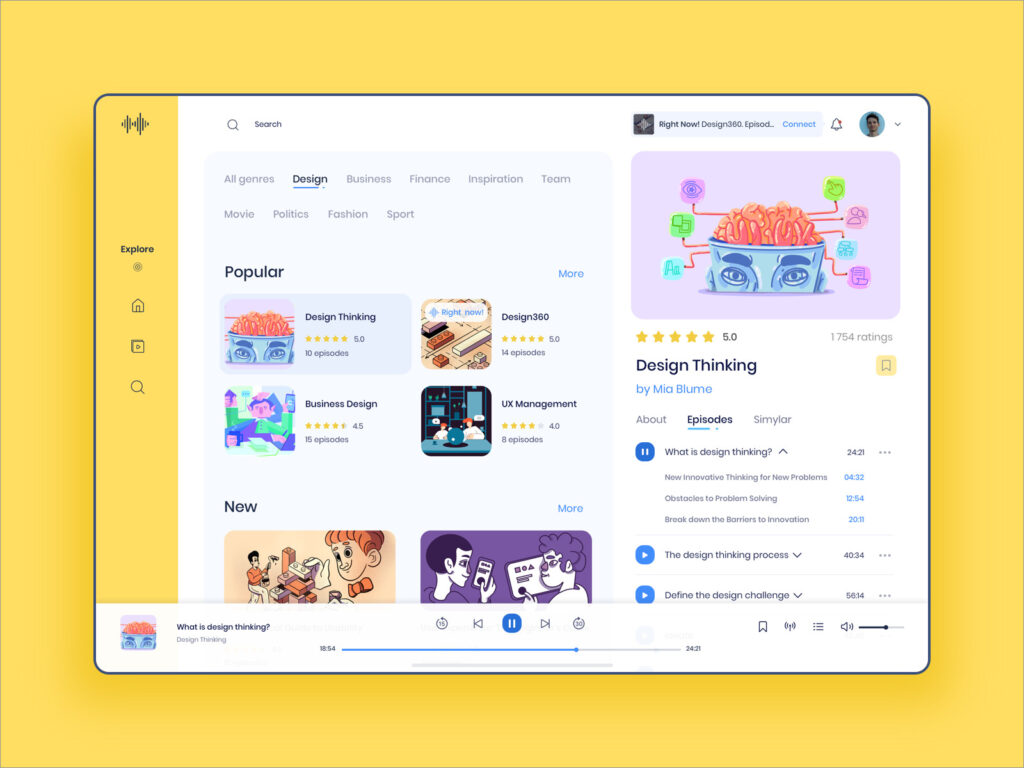
As your partner, we want to provide you with full information about creating your own podcast app. That’s why we’ve rounded up the missing app features to consider when making a podcast app.
- Custom podcasts grouping;
- Custom playlists;
- Web player synchronization;
- Advanced filtering (both include and exclude): episode length, episode release date, etc.
- View release calendar, i.e., checking which shows are releasing on Thursday, or the release schedule;
- Sideloading audio files from cloud/filesystem;
- Subscription to YouTube channels with the choice of having a video or just audio in your app;
- Volume normalizer.
The customer feedback analysis helps us build an upscale podcast app and avoid possible mistakes in development and design.
The Cost of Podcast App Development
The answer is not finite because the app development cost varies with several factors. These factors include app screens and size, features and functionalities, app platform targeted, frameworks and other chosen tech stacks, compatibility, and more.
This article may be interesting for you: choosing the right technology stack
The best way to get a clear understanding of the cost is to contact the Cadabra Studio sales managers and get the cost estimate. Now, while this is all about how much you have to pay for developing an application, let’s take a look into the reasons for making your own podcast app.
Why Should You Make Your Own Podcast App?
As a business owner, you know how powerful marketing can be. The development of your own podcast app is an additional way of promotion and targeting the audience. So, people will go to your podcast app to listen about your business area’s best stories.
As an additional marketing tool, your own podcast app will help you achieve the primary concern — make a profit and satisfy the users. The more quality content you make for your app, the more loyal customers you’ll get. Hence, they are more likely to accept what you offer (your podcasts, your platform, your product, or service).
Using a podcast app to boost your business is a good idea. You can greatly benefit from providing your existing customers with podcasts on the subject related to your business.
Start with just making podcasts and then expand to share them via your personal app platform. Promote your app in all possible social networks, platforms. Your podcast app will be a place where your existing and potential customers will engage with you and each other, making it more possible for them to engage with your business.
Although it requires creativity, the outcomes are great. You can spread the message, retain loyal customers, and boost bxrand awareness. People are interested in content on-demand, and their attention will go wherever this quality content is.
In a short period of time, you’ll see the benefits of podcasting about your business. However, if you still have doubts, connect with our experts for detailed information.

